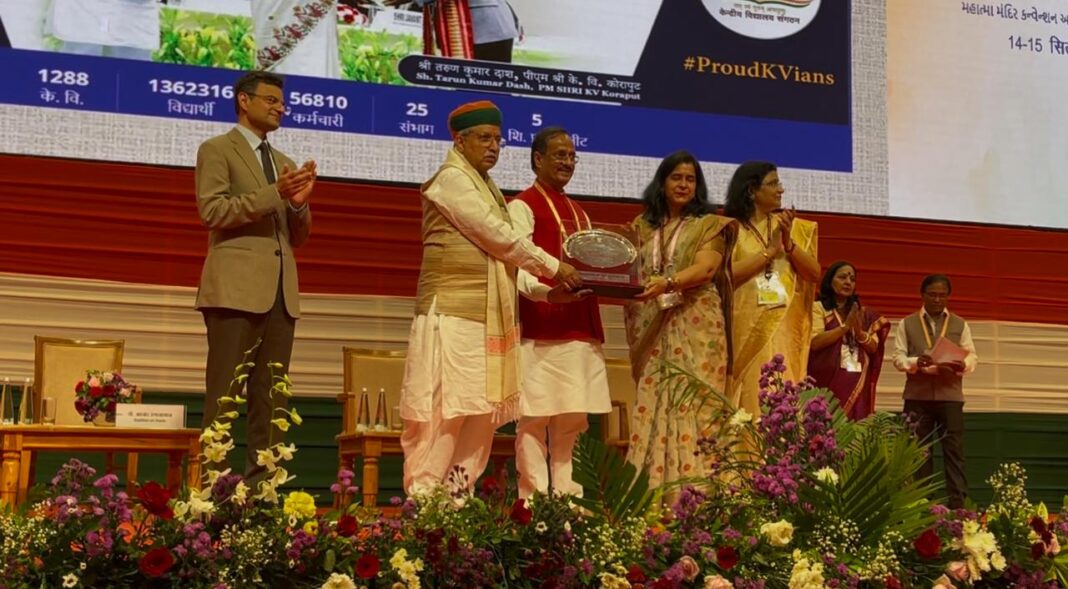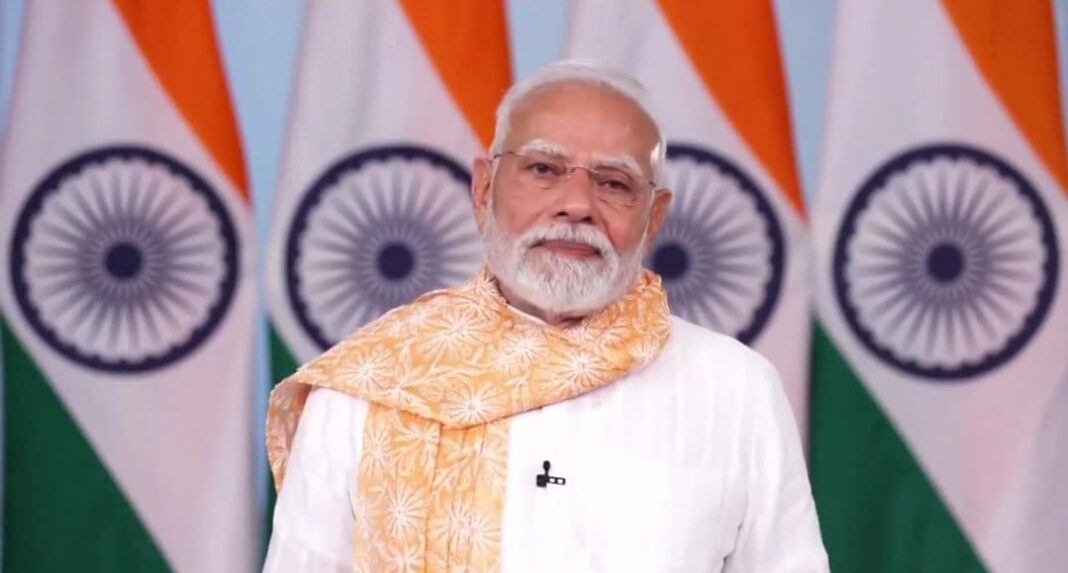Demands Rejection of Bill, Cites Verification Hurdles and Unmet Calls for Muslim Leadership in Waqf Bodies
Published on: September 15, 2025
By: BTNI
Location: Mumbai, India
In a candid reaction to the Supreme Court’s interim order on the contentious Waqf (Amendment) Act, 2025, Maharashtra Samajwadi Party President Abu Asim Azmi expressed profound dissatisfaction, terming the decision as offering “no substantial benefits” to the Muslim community. Speaking to the media here, Azmi highlighted several shortcomings in the ruling, emphasizing that it fails to address core issues like the verification of religious practice and the historical documentation of waqf properties, while lamenting the absence of key reforms demanded by stakeholders.
The Supreme Court, in a bench led by Chief Justice B.R. Gavai and Justice A.G. Masih, on Monday declined to stay the entire Waqf (Amendment) Act, 2025, upholding the presumption of constitutionality for parliamentary legislation. However, it stayed specific provisions, including the clause mandating that only individuals practicing Islam for at least five years can declare a waqf, citing risks of “arbitrary power” without adequate verification mechanisms. The court also paused the district collector’s authority to decide disputes over waqf property status and halted the denotification of existing waqfs, including those established by user or long-standing practice. These measures aim to prevent immediate disruptions while broader challenges to the Act’s validity continue.
Azmi, a vocal critic of the amendments since their introduction in August 2024, argued that the order reinstates partial powers to collectors, potentially complicating property disputes. “Today’s decision will not give much benefits. The collector has been given some power again,” he stated, pointing to the exclusion of pre-independence waqf records—often spanning 200-300 years without formal documentation—from the new framework. He further critiqued the five-year practicing Muslim requirement as practically unenforceable: “If any new converted Muslim arrives, they will not get this right for 5 years; they must be practising Muslims, which is hard to verify. So, these are all the issues involved.
Also read- https://www.btnewsindia.com/bjp-launches-atmanirbhar-bharat-and-gst-reform-awareness-campaigns-in-rajnandgaon/ https://www.btnewsindia.com/bjps-seva-pakhwada-workshop-organized-in-musra-mandal/
“The Samajwadi Party leader reiterated longstanding demands for greater autonomy in waqf governance, particularly the appointment of a Muslim Chief Executive Officer (CEO) for waqf boards—a provision conspicuously overlooked in both the Act and the court’s observations. “Our demand was that the CEO should be a Muslim, but no decision has been taken on this till now… Our hope has not been fulfilled at all till now,” Azmi lamented. He went on to advocate for the outright rejection of the Bill, viewing it as an overreach that undermines religious endowments without resolving encroachments or enhancing transparency.
The Waqf (Amendment) Act, which received presidential assent in April 2025 amid widespread protests, introduces sweeping changes to the 1995 Waqf Act, including mandatory non-Muslim representation on waqf boards, the abolition of ‘waqf by user’ for future properties, and increased government oversight in surveys and dispute resolution. Critics, including the All India Muslim Personal Law Board and opposition parties like the Samajwadi Party, have challenged it in the Supreme Court on grounds of violating Articles 14, 15, 25, and 26 of the Constitution, alleging it facilitates arbitrary state intervention in minority religious affairs.
Azmi concluded by affirming the party’s commitment to higher leadership directives: “This bill should have been rejected… We will follow what our leadership decides.” His remarks echo broader sentiments from Muslim organizations, who see the amendments as a “conspiracy” to erode community rights over an estimated 9 lakh acres of waqf land across India. As the Supreme Court schedules further hearings, the order provides temporary relief but leaves unresolved the Act’s potential for long-term litigation and property vulnerabilities.
The development underscores deepening political divides on minority rights, with supporters arguing the reforms curb mismanagement and encroachments, while opponents decry them as discriminatory. For now, the stayed provisions offer a breather, but the full constitutional scrutiny ahead promises to shape the future of waqf administration in the country.




